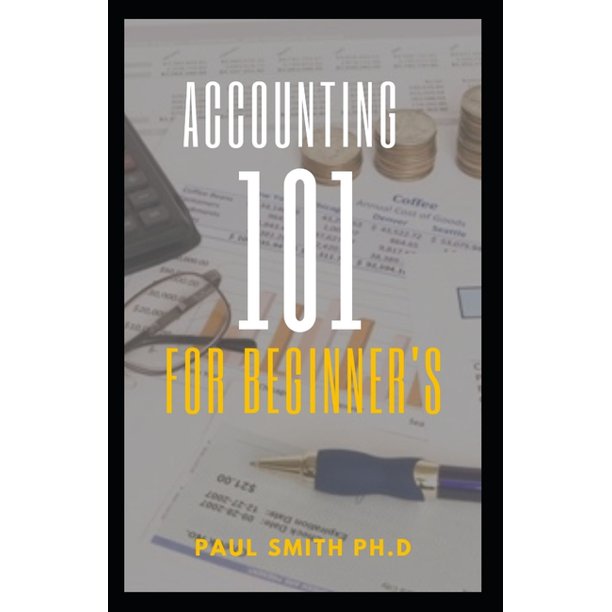
Consulting involves working closely with clients to identify the problems and create solutions. The role requires you understand the causes of problems as well as build trusting relationships. This job demands flexibility, long hours, stress, and flexibility. If you have the qualifications required, you could pursue a career as a consultant.
For a job with a consulting firm, qualifications are required
The qualifications required for a job in consultancy vary depending on the firm. Some require a postgraduate degree in business or a related subject, while others do not. While MBA and PhD graduates can be highly valued by certain firms, this is not a requirement. Some companies will consider applicants with relevant work experience. You should also think about applying for large-firm training programs.
Consultants must be skilled in interpersonal communication and interpersonal skills. They should also be flexible, willing to accept new challenges and be open to learning. They must be able work together with clients, and other stakeholders. Their primary task is to keep the conversation moving and productive. They need to be able apply a structured process and be capable of understanding and responding to clients' needs and concerns.

Flexibility
Consulting jobs that are flexible are becoming more common. This trend is driven in part by clients who accept flexible working arrangements within their own companies. Jon Williams is a co-founder at Fifth Frame, a boutique consulting firm, and a former senior partner of PwC. He says clients are accepting flexible working. Although this is not a new trend, it is becoming more common. Flexible jobs have been more popular in the past few years as a viable business model.
As a consultant, you have complete freedom over your work hours. Although you might not be required to work the traditional hours, deadlines must be met for clients. You can work remotely but still must adhere to deadlines.
Long hours
It can be exhausting to work long hours in a consulting job. Consultants are often required to work weekends and for long hours. Sometimes they do not have time for lunch. Even their evening breaks can only allow them to travel for an hour or have dinner. Research has shown that consultants work longer hours than they are contracted to.
The length of workweeks in a consultancy job varies by region. For example, consultants working in Singapore, Dubai, or Southern Europe have longer work hours than their American counterparts. Consultants in Italy are expected to work from 9am to 11pm weekdays and from 9am to 8pm Fridays. This means that 70 to 80 percent of weekends are spent working. The type of project can also impact the amount of time spent. Shorter projects and last-minute requests typically take longer hours.

Stress
Consultancy is stressful. Consultants often get very high salaries, but it may seem like they are not getting the right compensation. This can be due to uncertainty and fear of future changes, as well the fear of losing jobs. While consulting was once a respected profession, it has experienced a decline in its popularity. Many consultants now complain about the same problems that their clients. The change in the way companies do business has also affected the way consultants work. While companies are becoming more professional, and more picky, digitalization has made it easier for the public to access information.
Some consultants get so caught up in their work that they can't switch off. This can lead depression or anxiety that can cause low motivation and productivity. Many consultants spend their entire day working and seldom have the time to spend quality time with family members or friends. They become so focused and accustomed to their work that they will be on call 24/7.
FAQ
What's the difference between an advisor and a consultant?
An advisor is someone who provides information about a subject. A consultant provides solutions to problems.
Consultants work directly for clients to help achieve their goals. Advisors advise clients indirectly via books, magazines, lectures and seminars, etc.
Do I need legal advice?
Yes! Yes. Many consultants will create contracts for clients without seeking legal advice. However, this can lead to problems down the road. For example, what happens to the contract if the client terminates it before the consultant has completed? What happens if the contract stipulates that the consultant must meet certain deadlines?
It's best to consult with a lawyer to avoid potential problems.
Do I need a degree to be a consultant?
The best way to become an expert on any subject is by studying the subject thoroughly and then practicing what you have learned.
So if you want to learn how to become a great consultant, start studying now!
A degree without relevant experience may make it difficult for you to be hired. But, if your qualifications are comparable to those who have been hired, you might still be eligible to apply.
Employers will always search for candidates with real-world experience.
Statistics
- My 10 years of experience and 6-step program have helped over 20 clients boost their sales by an average of 33% in 6 months. (consultingsuccess.com)
- Over 62% of consultants were dissatisfied with their former jobs before starting their consulting business. (consultingsuccess.com)
- On average, your program increases the sales team's performance by 33%. (consultingsuccess.com)
- So, if you help your clients increase their sales by 33%, then use a word like “revolution” instead of “increase.” (consultingsuccess.com)
- Over 50% of consultants get their first consulting client through a referral from their network. (consultingsuccess.com)
External Links
How To
What is a typical day for a consultant?
Your work type will determine the length of your day. You will be spending time researching, planning new ideas, meeting with clients, and creating reports.
You will have many meetings where clients and you can discuss their issues. These meetings may be over the phone via email, on-line, or face-to–face.
You may also be asked to prepare proposals, which are documents outlining your ideas and plans for clients. You will need to discuss these proposals with a mentor or colleague before you present them to clients.
After all the planning and preparation, you will have to produce some content. You could write articles, design websites, edit photos or conduct interviews.
Depending on the scope of the project, you may need to do some research in order to gather relevant statistics or figures. It may be necessary to know how many customers are currently using your products or services.
Once you have collected enough information, it's now time to present the findings to your clients. Your findings can be presented orally or written.
After the initial consultation, it is important to follow up with clients. For example, you might call them periodically to see how things are going or send emails asking them to confirm that they received your proposal.
Although this process can take time, it is important to stay focused and build good relationships with your clients.